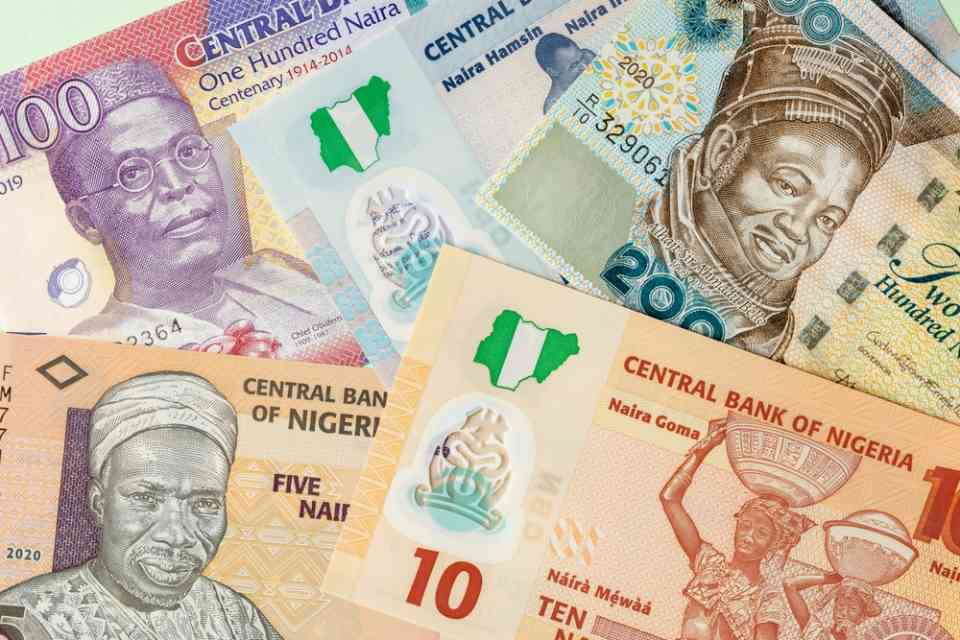Nigeria’s wealthiest individuals, including billionaires Aliko Dangote, Mike Adenuga, and Abdulsamad Rabiu, have refined investment strategies that reflect both their acumen and the multifaceted Nigerian economy. UBS data recently highlighted a 19.7% increase in national wealth attributed to these three titans, underscoring their impact on the economy.
Key Strategies Nigerian Billionaires Use in the Capital Market:
- Direct Investments in the Stock Market: Many of Nigeria’s ultra-rich are active in the Nigerian Stock Exchange (NGX), where they hold substantial shares across industries. Aliko Dangote, for instance, has significant stakes in multiple blue-chip companies, including his own enterprises. Other notable figures, such as Jim Ovia, Fola Adeola, and Atedo Peterside, maintain considerable investments in financial institutions like Zenith Bank and GTBank, often through family offices or holding companies.
- Corporate Expansion and Funding New Ventures: Beyond stock investments, Nigeria’s wealthy often leverage the capital market to support new initiatives or expand existing businesses. This can include rights issues, which offer current shareholders additional stock at a discount, or raising funds through Initial Public Offerings (IPOs) for new ventures. Such strategies contribute to capital growth while enhancing market visibility and potentially increasing net worth. Tony Elumelu, founder of Heirs Holdings, operates across a wide range of sectors, including finance, oil and gas, real estate, hospitality, and agriculture.
- Sector Diversification: Although some billionaires are synonymous with specific industries (e.g., Dangote with cement and sugar), diversification is a common tactic. They often extend their portfolios to include real estate, banking, insurance, and manufacturing, which mitigates the risk of sector-specific downturns and supports steady growth.
- Private Equity and Venture Capital Investments: Many Nigerian tycoons establish or invest in private equity funds or venture capital firms to support high-potential startups and small to medium enterprises (SMEs). While these investments may not always be publicly traded, they offer the opportunity for profitable exits either through public offerings or strategic sales.
- International Investments and Partnerships: High-net-worth Nigerians often look to foreign markets for further growth opportunities, particularly within Africa or globally in sectors they are familiar with. Their international ventures often involve direct investments or joint ventures, such as global oil trading partnerships or manufacturing agreements.
- Real Estate Ventures: Although not directly within the capital market, real estate investments frequently tie back through mechanisms like Real Estate Investment Trusts (REITs) or asset-backed loans. These strategies allow them to leverage capital market resources to finance expansive property portfolios.
- Philanthropy as Strategic Investment: Philanthropy often functions as a form of social investment for figures like Tony Elumelu. Contributions to education, healthcare, and community development help build a favorable business climate, potentially yielding indirect benefits for their companies, and can offer tax advantages.
- Currency Hedging and Foreign Asset Holding: Given Nigeria’s history of currency devaluation, some billionaires hold assets abroad—such as foreign stocks, properties, or commodities like gold—to hedge against fluctuations in the naira. Recently, Aliko Dangote announced plans to establish a family office in Dubai, joining a growing number of Nigerian elites drawn to the city’s financial and investment infrastructure.
These billionaires’ strategies are not solely about financial returns; they often carry broader implications for Nigeria’s economic development, personal legacy, and, at times, political influence. The decisions made by these influential figures can shape market trends, affect entire industries, and even impact government policies, illustrating a sophisticated blend of market insight and socio-political awareness that continues to define Nigeria’s economic landscape.
| GDP (nominal) | Capital | Head of State | Head of Government | GDP (nominal) per capita | GDP (PPP) | GDP (PPP) | GDP (PPP) per capita |
|---|---|---|---|---|---|---|---|
| Nigeria | Abuja | Bola Ahmed Tinubu | Bola Ahmed Tinubu | 390.002 | 1.755 | 1.365.903 | 6.148 |
Have you read?
Countries: Women in the workforce.
Countries: Personal space.
World’s Most (And Least) Religious Countries.
Best Countries to Invest In Travel, Tourism, and Hospitality.
Most Forested Countries In The World.
Add CEOWORLD magazine to your Google News feed.
Follow CEOWORLD magazine headlines on: Google News, LinkedIn, Twitter, and Facebook.
Copyright 2024 The CEOWORLD magazine. All rights reserved. This material (and any extract from it) must not be copied, redistributed or placed on any website, without CEOWORLD magazine’ prior written consent. For media queries, please contact: info@ceoworld.biz
